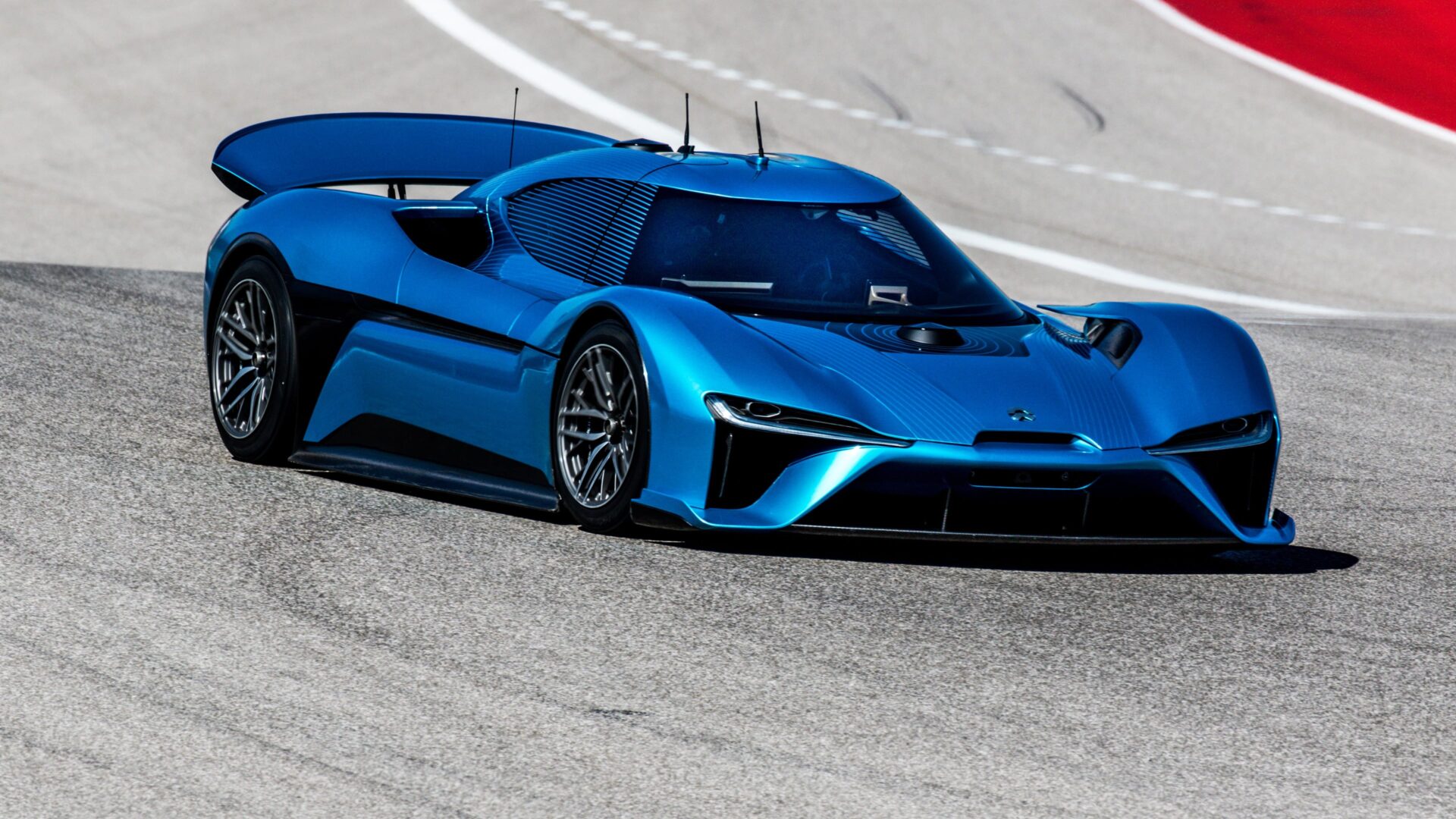Proponents of internal combustion engines often cast aspersions on electric vehicles (EVs). Setting aside entrenched beliefs and disputes, the flow of unadulterated electrons presents unparalleled acceleration compared to their gas-powered counterparts. The advantage in speed that EVs hold is attributed to their wide powerband, instant torque delivery, and the absence of gear shifts, largely owing to single-speed transmissions.
While even hypercars like the Bugatti Chiron, powered by gasoline, experience moments of lag as turbos spool up and gears shift, EVs can swiftly distribute power to all four wheels with nearly instantaneous torque transfer. It’s essential to distinguish between “quick” and “fast”; the former pertains to acceleration, while the latter typically relates to top speed, an area where many gas-powered vehicles still maintain an edge. Putting aside semantics, let’s explore 15 of the fastest-accelerating EVs listed in ascending order.
Hyundai Ioniq 5 N
Emerging to challenge the ultra-premium players dominating the extreme end of the EV spectrum is the unexpected contender, the Hyundai Ioniq 5 N. Hyundai made headlines by recruiting Albert Biermann, the former head of BMW’s M division, aiming to elevate the brand’s performance. The legacy Biermann leaves behind includes the 641 hp Ioniq 5 N, purported to reach 0-60 mph in 3.2 seconds. With a dual-motor setup, this model boasts a relatively modest MSRP of $67,475, offering an enticing proposition among its high-performing peers.
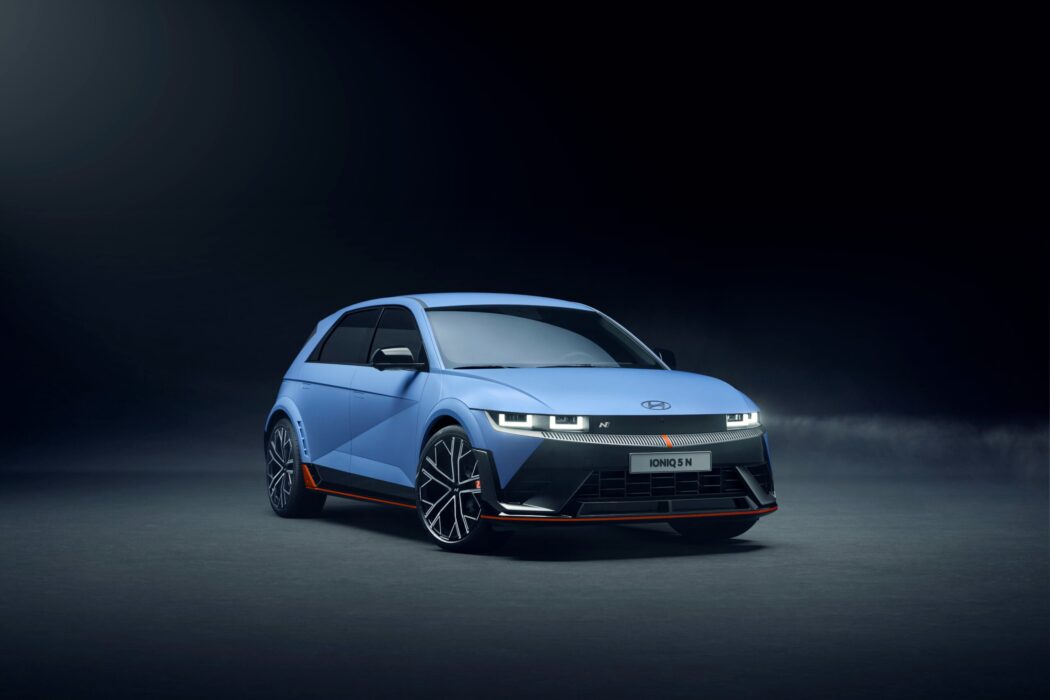
Mercedes-AMG EQE 53 4Matic+
While Mercedes-Benz’s flagship EQS heralded the legacy automaker’s foray into the mainstream EV market, the smaller EQE surpasses its big-bodied sibling with a claimed 0-60 mph time of 3.2 seconds. Adorned with the AMG package, this sedan’s 677 hp is accentuated by flared designs and spoilers, imparting a more aggressive aesthetic compared to the EQS.
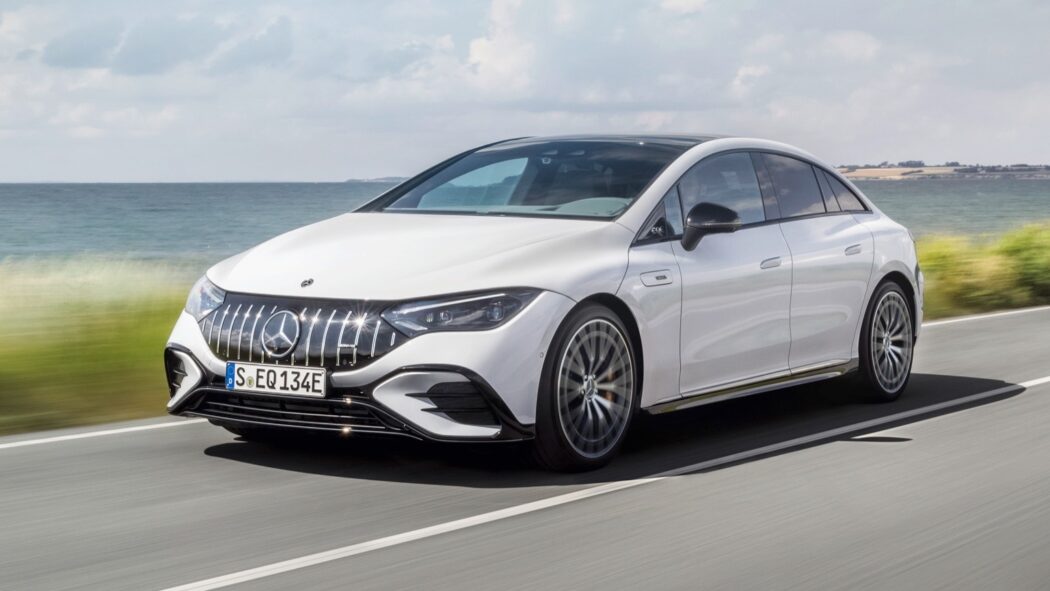
Audi RS e-tron GT
Drawing from the same platform as the Porsche Taycan, Audi’s RS e-tron GT integrates a two-speed transmission to enhance acceleration and efficiency at highway speeds. With dual motors delivering up to 637 hp to all four wheels, this Audi can sprint to 60 mph in 3.1 seconds, offering a new frontier in performance for the brand’s sedan lineup.
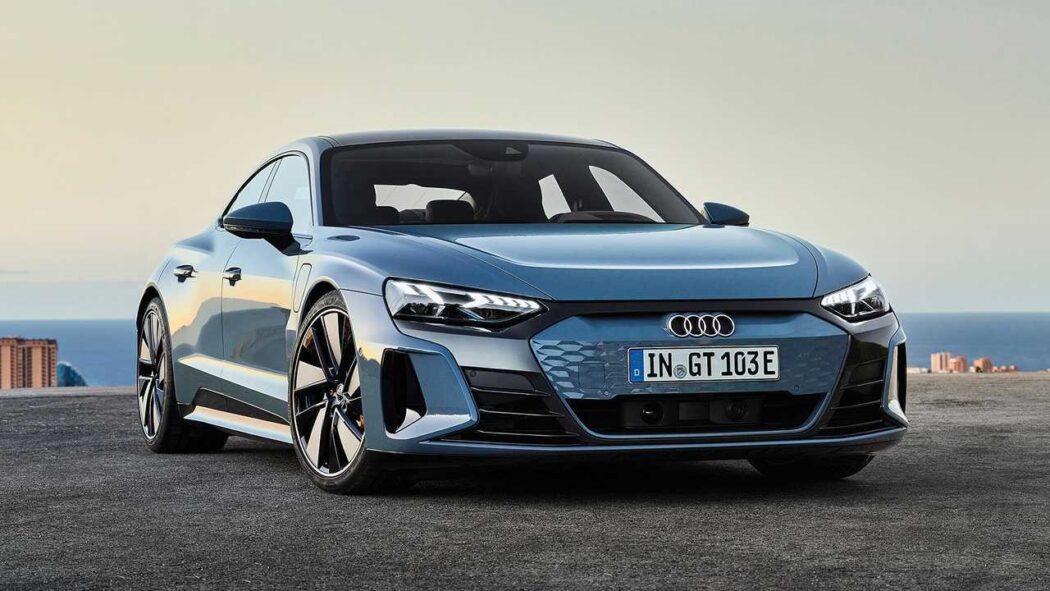
GMC Hummer EV Pickup Truck
The General Motors Hummer EV embraces a maximalist engineering approach, defying conventions with its substantial weight exceeding 9,000 pounds. Despite its mass, this pickup claims a 0-60 mph time of around 3 seconds, propelled by 1,000 hp distributed through three motors. It offers an extravagant solution to a question few have asked in the pickup-truck segment.
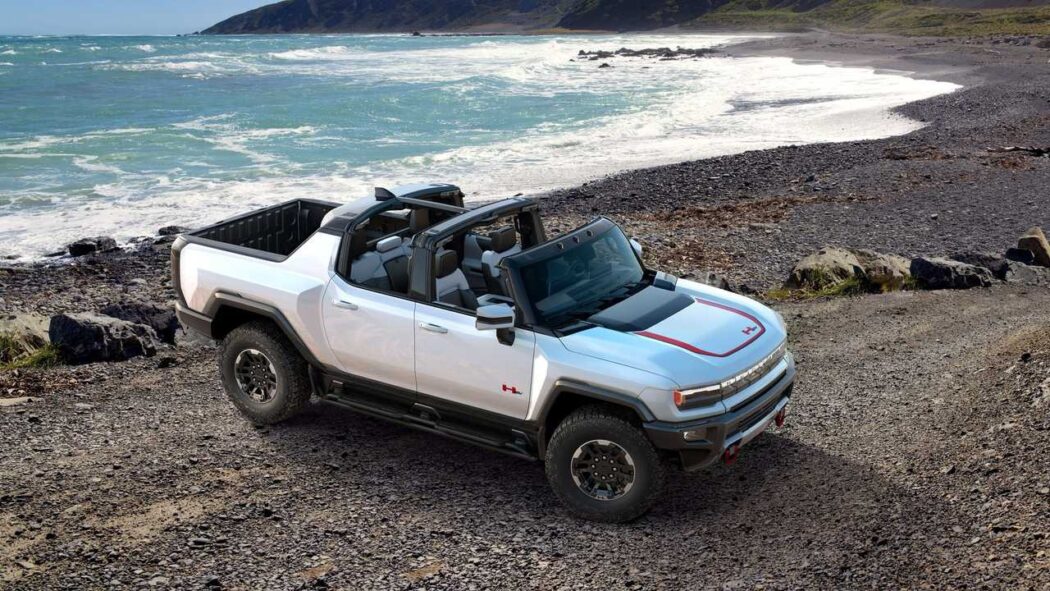
Rivian R1S
Rivian, the most well-funded automotive startup in history, has showcased impressive prowess in crafting agile trucks and SUVs. Boasting up to 835 hp and 908 ft lbs of torque from four motors, the R1S accelerates to 60 mph in a mere 3.0 seconds. Its torque-vectoring capability further enhances handling and off-road performance, setting a high standard for electric SUVs.
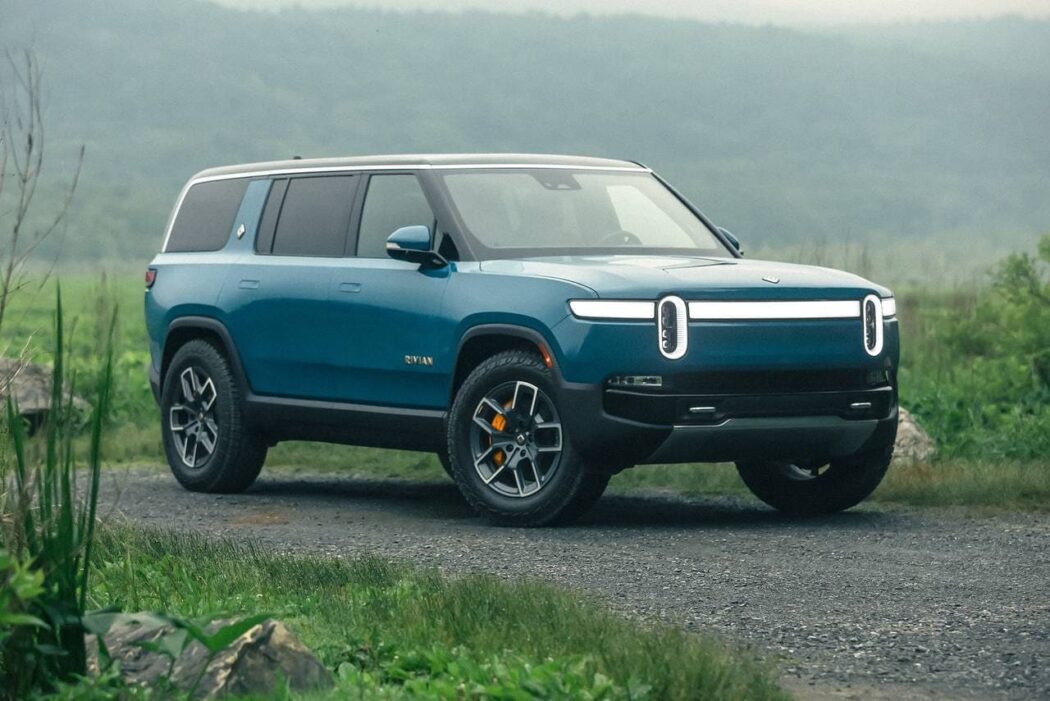
Lotus Evija
Though yet to grace customer garages, Lotus’ Evija hypercar epitomizes the brand’s focus on weight reduction. Weighing approximately 3,700 pounds and powered by 2,000 hp, the Evija exemplifies Colin Chapman’s famous mantra of “adding lightness.” With a sub-3.0-second 0-60 mph time and a top speed surpassing 200 mph, this flagship hypercar sets new benchmarks in performance and efficiency.
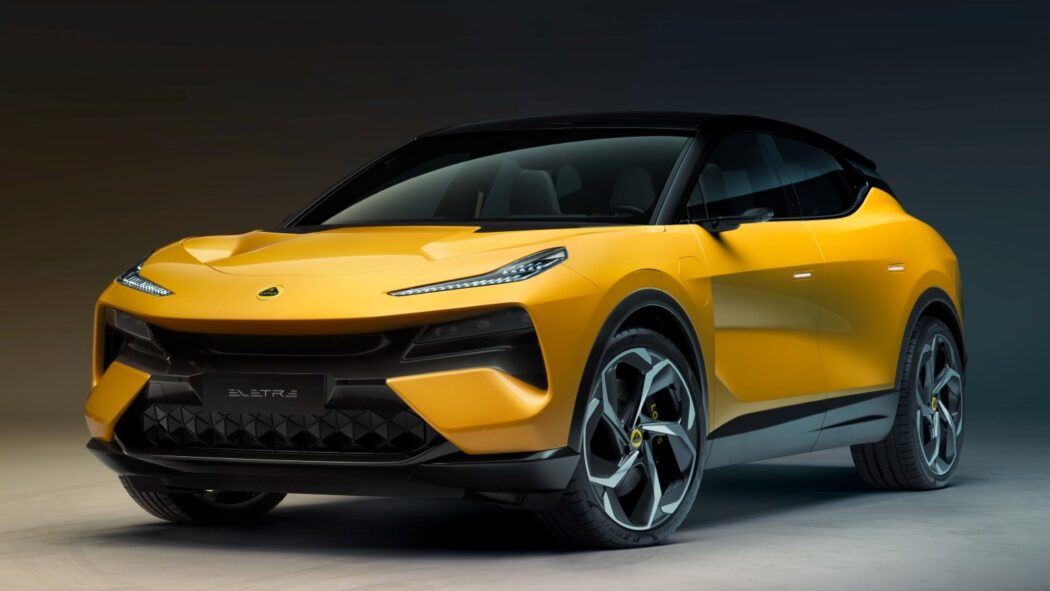
Tesla Cybertruck
Unquestionably unconventional in appearance, the Tesla Cybertruck’s top-tier variant, the Cyberbeast, accelerates from 0-60 mph in a mere 2.6 seconds. Beyond its face-flattening acceleration, this pickup showcases innovative technologies, including steer-by-wire four-wheel steering and a robust exoskeleton design, signaling Tesla’s ongoing commitment to innovation in the electric vehicle space.
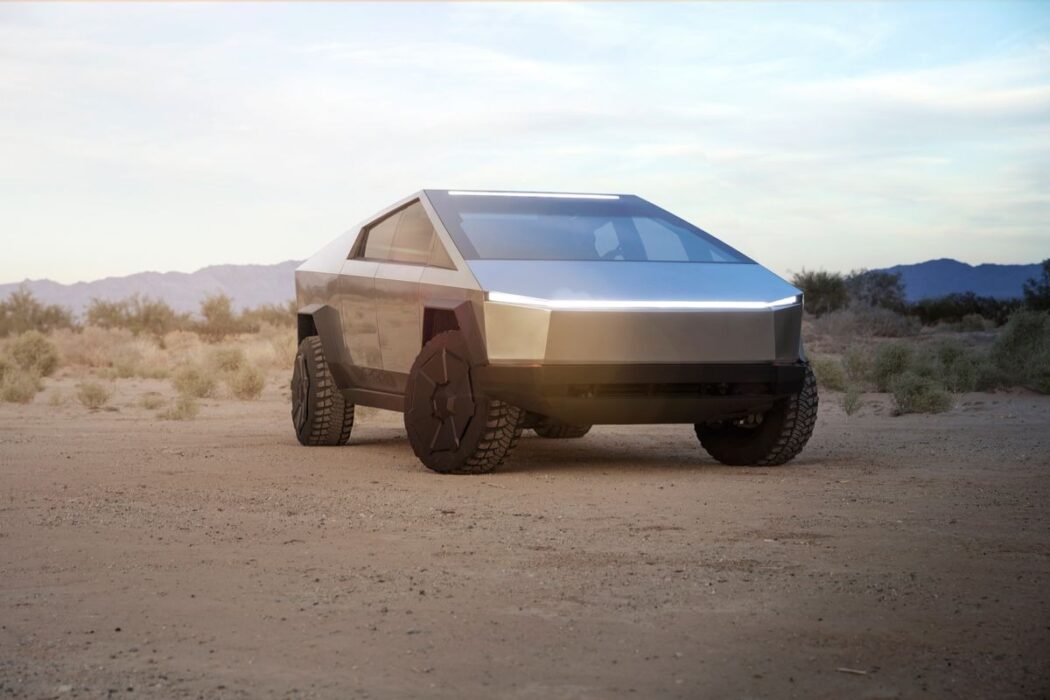
Nio EP9
Nio’s EP9 hypercar, boasting 1,341 hp and a zero-to-60 mph time of 2.6 seconds, epitomizes the brand’s aspirations to permeate the electric vehicle market. While its performance figures are undeniably impressive, Nio faces challenges in achieving sustained profitability amidst ongoing losses and stock price fluctuations.
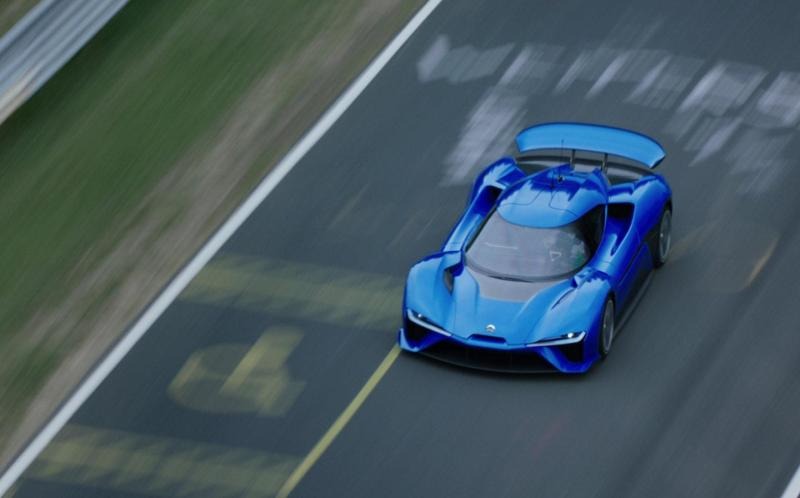
Porsche Taycan Turbo GT
To compete with formidable rivals like Tesla’s Model S Plaid, Porsche enhanced the output of the Taycan Turbo GT’s four motors and removed rear seats to create a track-focused variant. With 1,092 hp and a 2.2-second 0-60 mph time, this model underscores Porsche’s commitment to performance and innovation in the EV segment.
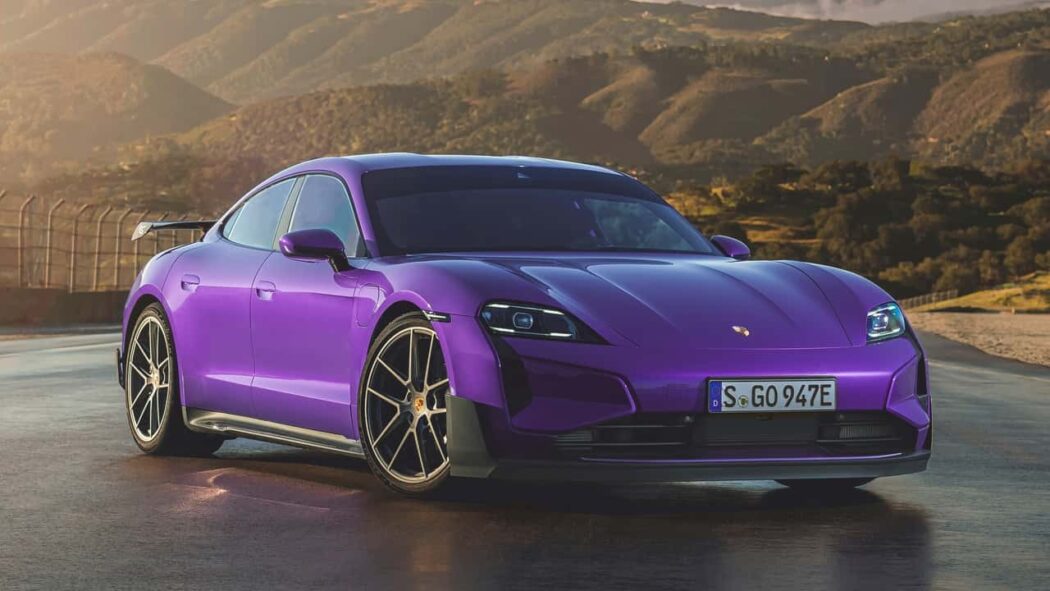
BYD Yangwang U9
Challenging Tesla’s dominance, Chinese conglomerate BYD presents the Yanwang U9, offering 1,287 hp and a 0-60 mph time of 2.0 seconds at a comparatively accessible price point of $233,000. This high-performance flagship represents BYD’s ambition to disrupt the global EV market with compelling offerings.
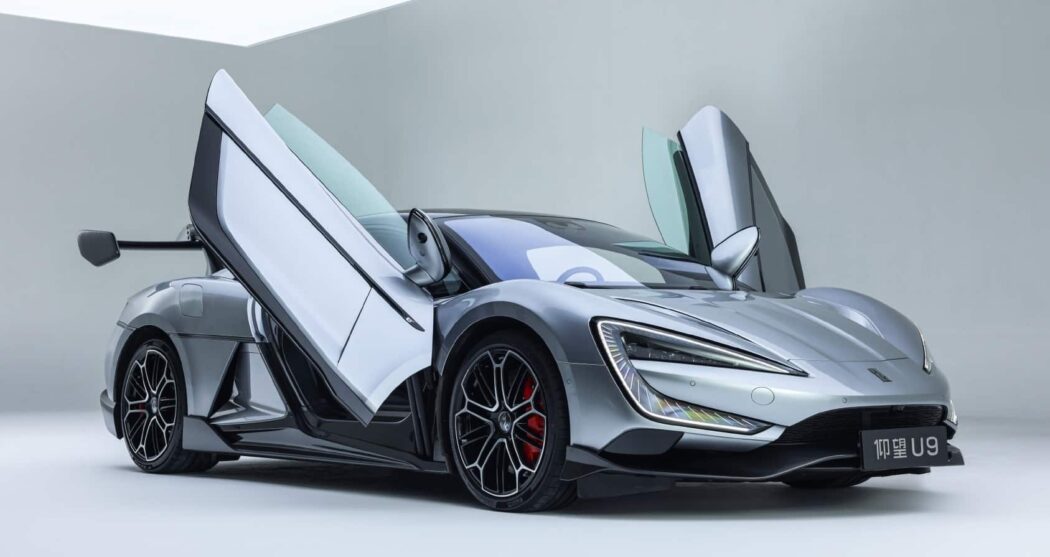
Lucid Air Sapphire
Lucid’s Air Sapphire, featuring three motors producing 1,234 hp, boasts a blistering 0-60 mph time of 1.89 seconds. With a focus on acceleration and handling, this sedan sets a new standard for EV performance, offering a compelling alternative to established luxury brands.
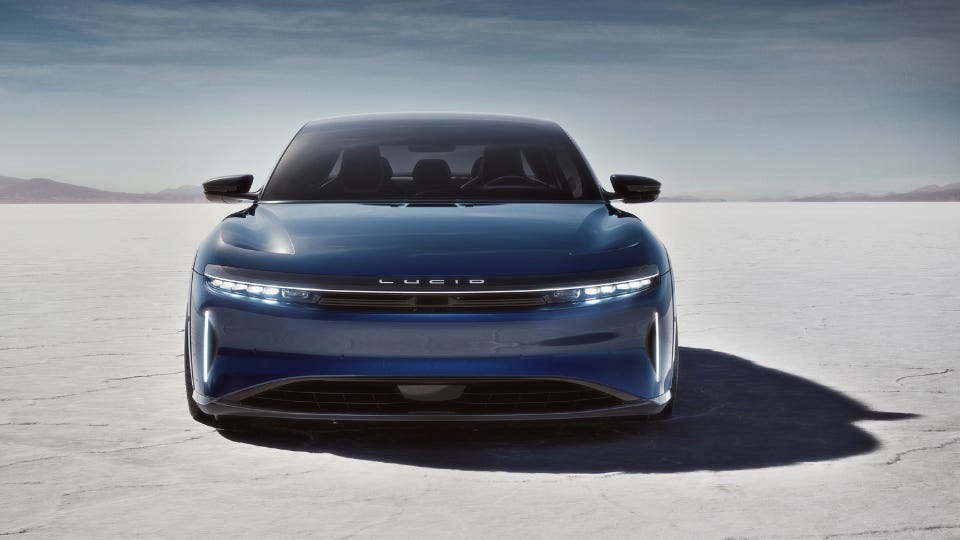
Pininfarina Battista
The Pininfarina Battista, with its striking design and 1,900 hp output, accelerates from 0-62 mph in 1.86 seconds, establishing itself as a formidable contender in the hypercar segment. Boasting innovative engineering and unparalleled performance, the Battista represents the pinnacle of electric vehicle technology.
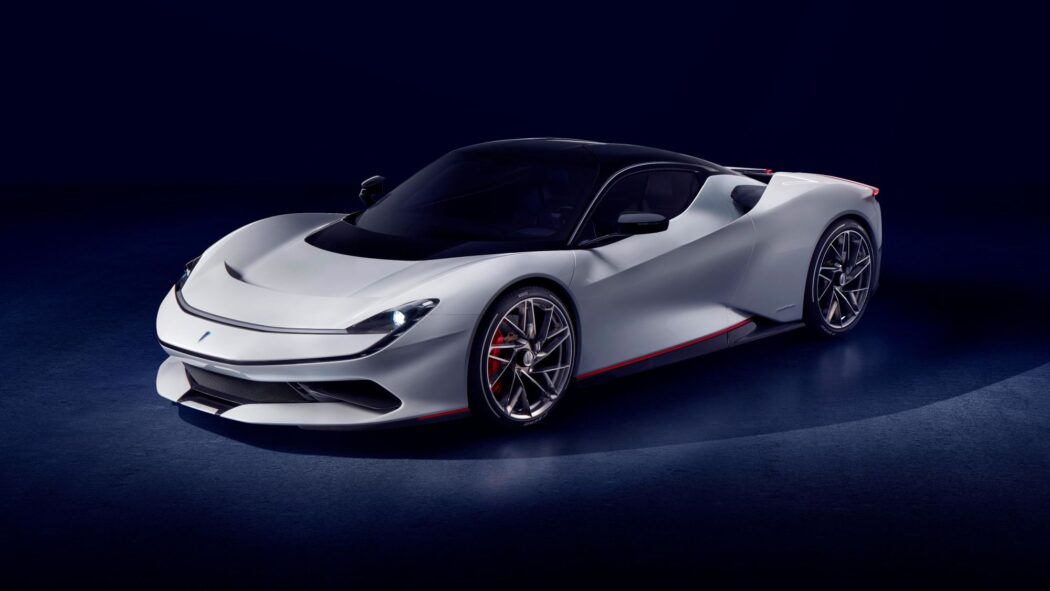
Rimac Nevera Time Attack
Rimac’s Nevera Time Attack, equipped with 1,813 hp motors, achieves a staggering 0-60 mph time of 1.81 seconds. Beyond its remarkable acceleration, this hypercar showcases Rimac’s commitment to pushing the boundaries of electric vehicle performance and technology.
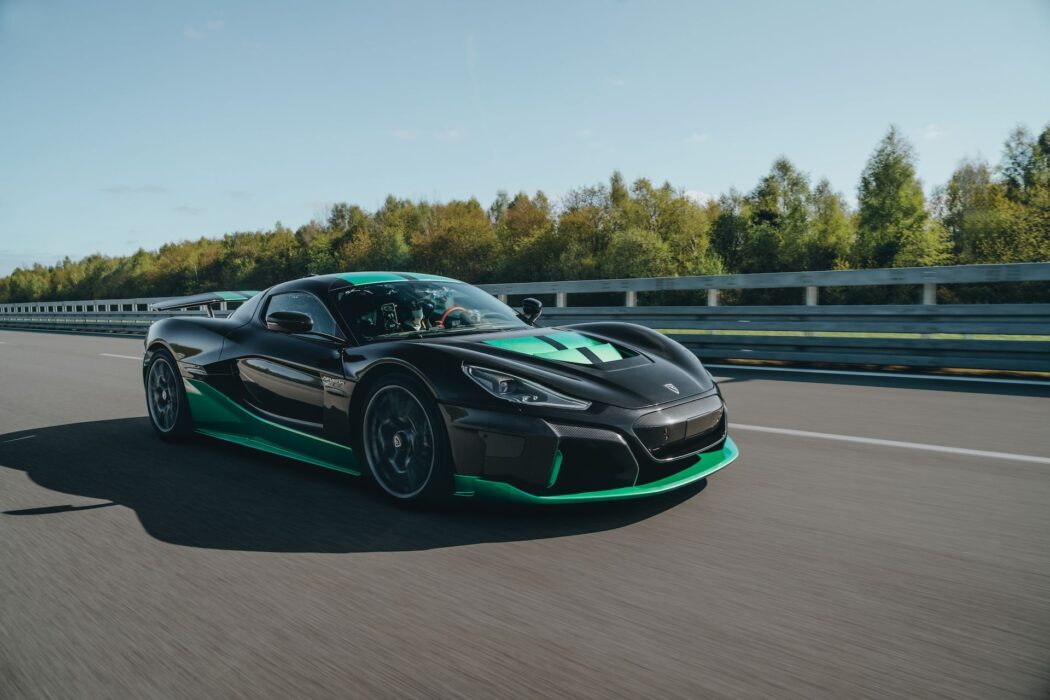
Aspark Owl
The Japanese hypercar Aspark Owl aims for electric superlatives, boasting the most powerful electric motors (1,980 hp), the quickest acceleration (0-60 mph in 1.72 seconds), and the fastest top speed (260 mph). Despite production delays, the Owl’s impressive performance figures and innovative design signal its potential to make a significant impact in the hypercar market.
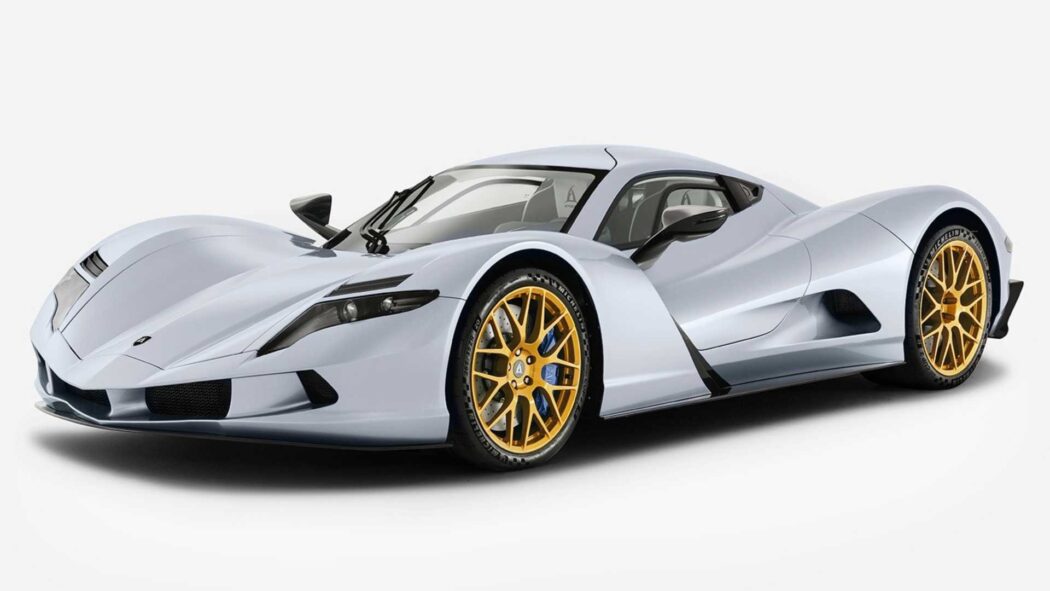
In conclusion, these electric vehicles exemplify the relentless pursuit of performance, innovation, and sustainability in the automotive industry, marking a paradigm shift towards a future dominated by electrification.


